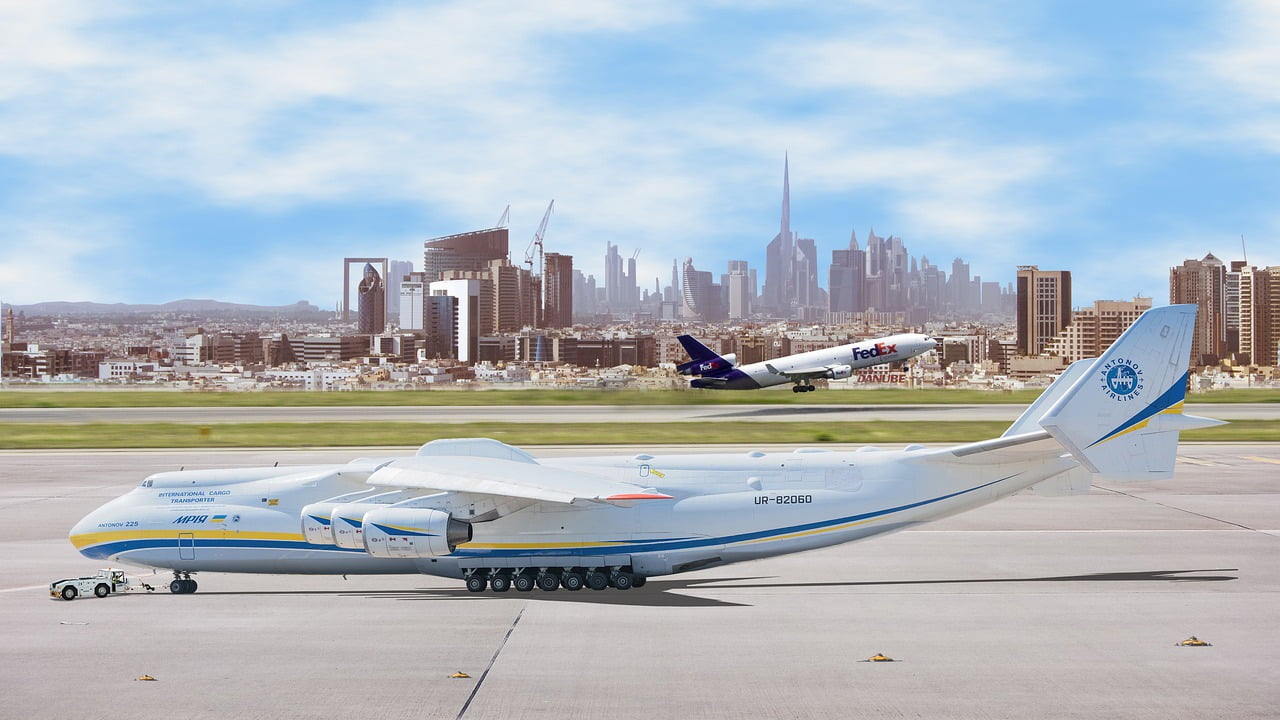This summer, hundreds of brightly colored bicycles began popping up on Seattle streets. First came a duo of Silicon Valley-based startups, Spin and LimeBike, and shortly after, Beijing-based bikesharing unicorn Ofo began its foray into the US market with a Seattle launch.
Their offering is simple: stationless bikesharing. Users can rent bikes for between $1 and $2 an hour, depending on the provider, via a GPS-enabled mobile app, which allows them to start and end their rides pretty much anywhere. Despite the fairly obvious potential problems the dockless system poses—bicycles littering the streets or abandoned in strange, hard-to-reach places (a tree, for example)—investors have faith in its success.
Ofo has raised more than $2 billion from big-name investors including Alibaba and Didi Chuxing, with a SoftBank deal in the pipeline. It has a reported 8 million bikes in circulation. Similarly, Beijing-based Mobike has pulled in about $900 million this year and, akin to Ofo, obtained unicorn status three times over. It hasn't launched in the US yet, however, opting to kick off its global expansion in the UK instead.
Can US startups compete with Chinese bikesharing behemoths?
Spin and LimeBike, on the other hand, have raised amounts closer to what you might expect for bikesharing companies in their infancy—$8 million at a $43.2 million valuation, and $12 million at a $42 million valuation, respectively. The stark contrast in funding has left many wondering if US bikesharing startups have a shot at competing with Ofo and its army of neon yellow bikes.
Spin president and co-founder Euwyn Poon (pictured) told PitchBook that he believes Spin actually has a leg up against Chinese rivals here in the US because of its localized knowledge. He added that the competition brewing up with LimeBike is motivating: "It's an Uber and Lyft story."
"The reason why we started this company is we think there is an opportunity for an American company to come in who knows how to work with American cities and understands the demographic a little better," Poon said.
Spin, which has held official launches in Seattle, Dallas and the Bay Area, has hired policy experts and is working directly with city officials to ensure it isn't booted off the streets, much like Chinese bikesharing startup Bluegogo was in San Francisco earlier this year after reportedly failing to get the correct permits. Spin was also founded in 2016, two years after Ofo, so it has had time to observe the strategies and pitfalls of the bikesharing behemoths.
"Bikesharing is the next Uber," Poon said. "I've decided to go all in on this because I see the chance [for] a once in a generation type of company."
While Spin hasn't raised anything close to a billion dollars, it did raise its $8 million Series A relatively soon after its founding, evidence that this is a sector investors want to jump on, according to Poon. Valery Komissarova, a principal at Grishin Robotics, the lead investor for Spin's debut funding round and a backer of Hong Kong's Gobee.bike and Singapore's OBike, said bikesharing will likely evolve in the same way the ecommerce and ridehailing sectors have.
"Our bet is there will be no one single dominant global player, and there is a lot of potential for local companies in many markets," Komissarova said in an email to PitchBook. "Considering that, to try to become a No. 1 player in too many countries would be stretching resources too thin even for the well-funded Chinese players."
Related content: Read our other bikesharing coverage.
Article by Kate Clark, PitchBook






